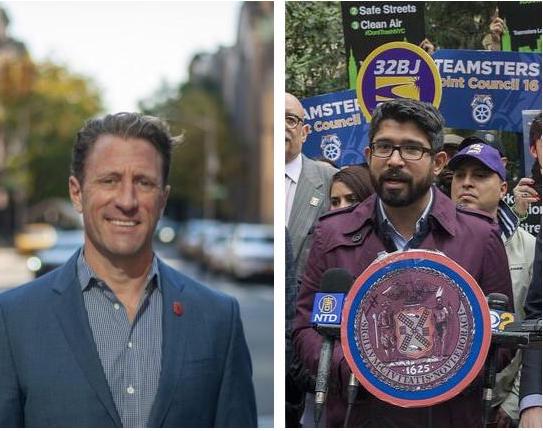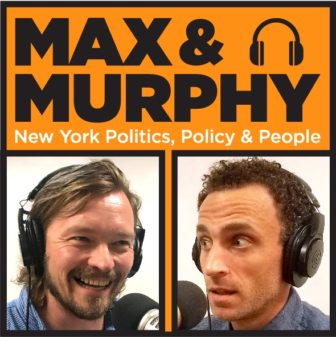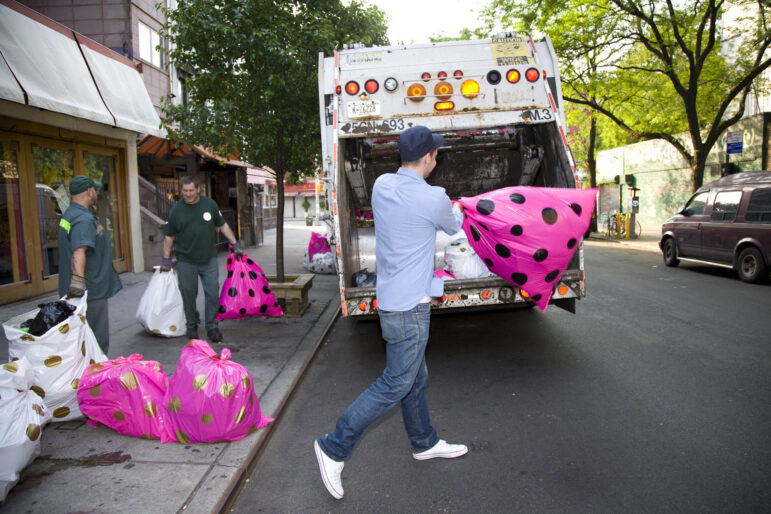Zach Iscol and Carlos Menchaca are part of the growing and diverse field hoping to win the June 2021 Democratic primary.

https://zachiscol.com // NYC Council
Democratic mayoral candidates Zach Iscol (l.) and Councilmember Carlos Menchaca.In a typical year, Zach Iscol and Carlos Menchaca would be unlikely to have a fighting chance in the race for mayor. But this is not a typical year.
COVID-19 has altered the stakes and maybe the contours of the race, and will make traditional campaigning difficult. A more generous matching ratio means public financing will allow a broader set of candidates to be viable. Ranked-choice voting will permit candidates with appeals to specific blocs to argue that no one voting for them will be throwing their vote away. And, for the first time in many years, the mayoral primary is in June, not September—a dynamic that poses challenges and opportunities for insurgent and establishment candidates alike.
Iscol is a former Marine who founded the nonprofit Headstrong to provide mental healthcare to veterns and Task & Purpose, a hiring platform for former military members. Menchaca is a Democratic Councilmember who has represented Park Slope and Sunset Park for seven years and been a leading voice on immigrant issues.
Both men joined WBAI’s Max & Murphy on Wednesday.
Over the past 60 years, there have only been four open mayoral elections in New York City—contests in which no incumbent was seeking re-election. (For those scoring at home, these were in 1965 when Mayor Wagner retired, 1973 when John Lindsay didn’t seek another term, 2001 when Rudy Giuliani was term-limited, and 2013 when Mike Bloomberg hit term limits). Public perception of the lame duck mayor has shaped some of those contests more than others. Expect the 2021 race to be profoundly shaped by the left’s disillusionment with Bill de Blasio and the center’s disdain for his management style.
“We really need a mayor who shows up,” Iscol said. “The next mayor is going to have to have a vision for where we’re going and manage us through serious crises,” like those affecting restaurants and high-crime communities. “We are not delivering outcomes to the people in this city.”
“There’s no end to potential solutions, I think number one starts with accountability, which is holding city agencies and city offices accountable,” Iscol added. He indicated that the private sector would be a major player in addressing problems if he were mayor.
Menchaca, who came to the Council as de Blasio became mayor, said, “What I saw very quickly was a real division between the things that he said and the things that he was beginning to do,” especially when it came to economic development.
The Brooklyn Democrat said his top goals would be “restructuring the economic engine for the city of New York” with a focus on the role of immigrants, “reimagining [public safety] not just for police departments but for communities that want safety” and a new form of social insurance in the form of a type of universal basic income.
In that it already includes Eric Adams, Shaun Donovan, Kathryn Garcia, Ray McGuire, Dianne Morales, Curtis Sliwa, Scott Stringer, Loree Sutton and Maya Wiley, the 2021 mayoral field is diverse along the axes of race, ethnicity, gender, ideology and life experience. The question for candidates with less name recognition than veteran officials like Adams and Stringer, and less fundraising success than Donovan or McGuire have enjoyed so far, is what unique features they offer voters. Menchaca says his key attribute is, “I’m going to be able to go all the way”–a trait he says he demonstrated during the Industry City saga. Over the years many councilmembers have expressed qualms about development projects but accepted minor concessions and gone along in the end; Menchaca, to the delight of some and the dismay of others, is among the few who actually said no.










